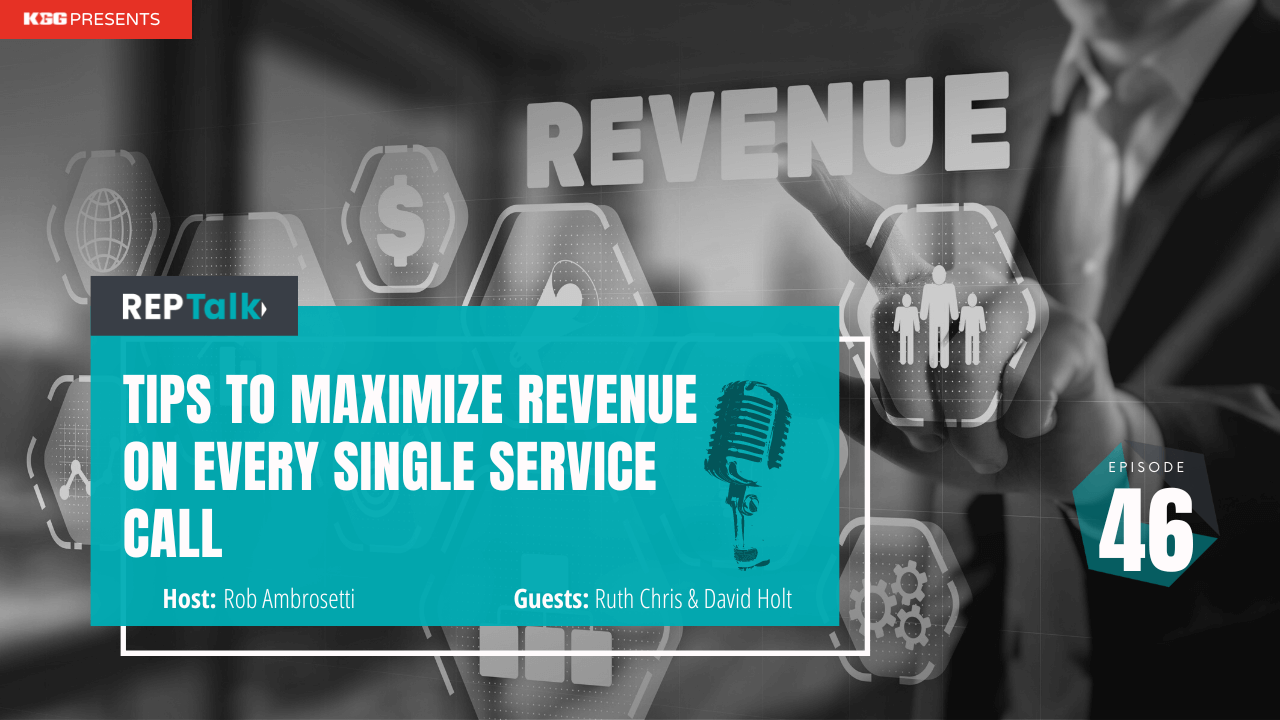As a business owner, there are a few things you can do to recession-proof your HVAC business. One is to diversify your business by thoughtfully expanding the services you offer. Another tip is to save enough money for a rainy day fund. This will help you cover unexpected expenses and keep your business afloat during tough times. By following these tips, you can help ensure that your HVAC business thrives during periods of economic uncertainty.
In this episode, we explore this topic with a panel of HVAC industry experts. Let’s get into it.
Tips to Diversify Your HVAC Business
When you diversify your business, you open up your customer base. That way, if one sector of the market slows down, you’ll still have others to rely on. You can do this in a few creative ways.
Residential and commercial. If you’ve only focused on one target audience, maybe it’s time to expand to the other.
New construction and replacement/repair work. Open your business up to both and stay busy.
Expand your services. Partnering with electrical contractors, plumbers, and other similar trades is great for you, your partners, and the customers you service.
This will do a couple of things for your business. It gives you a wider range of customers to rely on, and it will make your business more resilient to economic downturns.
How Much Should HVAC Businesses Save for a Recession
A general rule of thumb. HVAC businesses should aim to save at least 3-6 months’ worth of operating expenses. This will help ensure enough money is on hand to cover payroll, rent, and other essential costs if the business slows down unexpectedly. In addition, setting aside funds can also help buffer against inflationary pressures or help take advantage of opportunities during a recession. By taking a proactive approach to saving, HVAC businesses can help ensure their long-term financial stability.
Ruth King’s rule of thumb is a bit better in our opinion. Her advice to is take your highest month of overhead, and multiply that by 3. Then take your highest month of payroll, and multiply that by 6. Add those numbers together, and that’s how much money you want to save. Easy!
Oldie but goodie – Ruth King was a guest speaker back in 2020. Her business advice then still applies today. Watch it now ➝




